Are you new to using a gas oven and wondering if there are any special cookware or accessories you need to have on hand? You’re not alone! Many home cooks have questions about the specific requirements of cooking with gas. In this blog post, we’ll delve into this topic and provide you with all the information you need to navigate your gas oven with confidence. Whether you’re a seasoned chef or just starting out, understanding the unique needs of your gas oven will help you achieve delicious results every time. So, let’s dive in and uncover the secrets to cooking success with your gas oven!
Top-Rated Gas Ovens: Explore the Bestsellers for Superior Cooking Performance



Understanding Gas Ovens
Gas ovens are a popular choice among many home cooks and professional chefs due to their precise heat control and even cooking. In this blog section, we will delve into how gas ovens work and highlight their unique features. By understanding the functioning of gas ovens, you will be better equipped to determine any specific cookware or accessories needed for your culinary adventures.
How Gas Ovens Work
Gas ovens utilize a burner, which is powered by natural gas or propane, to generate heat. When the oven is turned on, the gas flows through a valve into the burner, where it is ignited by a pilot light or an electric igniter. As the gas burns, it produces heat that is evenly distributed throughout the oven cavity.
Unlike electric ovens, gas ovens offer instant heat, allowing for quicker preheating times. This is particularly advantageous when you’re in a hurry or have a busy schedule. Additionally, gas ovens provide excellent temperature control, enabling you to adjust the flame to achieve precise cooking temperatures.
Unique Features of Gas Ovens
Gas ovens come with several unique features that enhance their functionality and performance. These features include:
- Convection Cooking: Many gas ovens are equipped with convection technology, which utilizes a fan to circulate hot air evenly throughout the oven. This ensures that your dishes are cooked thoroughly and reduces cooking time. Brands such as GE Profile and KitchenAid offer gas ovens with convection capabilities.
- Broiling: Gas ovens often include a broil function, allowing you to quickly cook or brown the top of your dishes. This feature is especially useful for melting cheese, achieving a crispy crust on meats, or preparing delicious caramelized desserts. Viking and Wolf are renowned brands that offer gas ovens with powerful broiling capabilities.
- Self-Cleaning Options: Many gas ovens now come with self-cleaning features, making maintenance a breeze. With the touch of a button, the oven can heat up to high temperatures, effectively removing any food residue or grease. LG and Whirlpool are well-known brands that offer gas ovens with self-cleaning functionality.
- Multiple Oven Racks: Gas ovens typically come with multiple oven racks, allowing you to cook multiple dishes simultaneously. This is especially beneficial when hosting gatherings or preparing elaborate meals. Brands like Bosch and Samsung offer gas ovens with adjustable racks, catering to your specific cooking needs.
Determining Cookware and Accessories
Understanding the functioning and features of gas ovens is crucial when selecting appropriate cookware and accessories. Here are a few key points to consider:
- Choose cookware that is compatible with gas ovens, such as cast iron, stainless steel, or oven-safe glass. Non-stick pans with plastic handles should be avoided as they may not withstand high temperatures.
- Invest in an oven thermometer to ensure accurate temperature readings, as oven dials may not always be precise.
- Consider using a baking stone or pizza stone to achieve crispier crusts and more even heat distribution.
- Explore the benefits of oven-safe silicone mats or liners for easy clean-up and added protection against spills or drips.
By understanding the unique features and functionality of gas ovens, you can make informed decisions about the cookware and accessories that best suit your cooking needs. Whether you are a seasoned chef or an aspiring home cook, a gas oven can elevate your culinary creations to new heights of perfection.
Cookware Compatibility
When it comes to cooking, the right cookware can make all the difference. With the popularity of gas ovens, it’s important to understand which types of materials are compatible with this type of heat source. In this blog post, we will explore the topic of cookware compatibility with gas ovens, discussing the suitable materials and their benefits.



Understanding Gas Ovens
Before diving into cookware compatibility, let’s briefly understand how gas ovens work. Gas ovens use natural gas or propane as a fuel source to generate heat. The flames produced by the gas burners evenly distribute heat throughout the oven cavity, creating a consistent cooking environment.
Suitable Materials for Gas Ovens
When selecting cookware for your gas oven, consider materials that can withstand high temperatures and distribute heat evenly. Here are some suitable options:
- Cast Iron: Known for its excellent heat retention and even heat distribution, cast iron cookware is a great choice for gas ovens. Brands like Lodge and Le Creuset offer a wide range of cast iron pans and Dutch ovens that can handle the intense heat of gas ovens.
- Stainless Steel: Stainless steel cookware is not only durable but also compatible with gas ovens. Look for brands like All-Clad or Cuisinart, which offer high-quality stainless steel pots and pans that can withstand the heat without warping.
- Carbon Steel: Similar to cast iron, carbon steel cookware is excellent at retaining heat and distributing it evenly. Brands like Matfer Bourgeat and de Buyer offer carbon steel pans that are perfect for use in gas ovens.
- Ceramic: Ceramic cookware is known for its non-stick properties and ability to handle high heat. Brands like GreenLife and Le Creuset produce ceramic cookware that is compatible with gas ovens, providing excellent heat distribution and easy clean-up.
Benefits of Compatible Cookware
Using compatible cookware with your gas oven offers several benefits:
- Even Heat Distribution: Compatible cookware ensures that heat is evenly distributed throughout the cooking process, preventing hot spots and ensuring that your food is cooked thoroughly.
- Proper Browning and Searing: Gas ovens produce intense heat, allowing for excellent browning and searing of meats and vegetables. Compatible cookware helps achieve that desired golden crust and caramelization.
- Durability: Investing in cookware that is compatible with gas ovens ensures durability and longevity. These materials can withstand the high temperatures without warping or losing their effectiveness over time.
- Versatility: Compatible cookware is not limited to gas ovens only. You can also use them on other heat sources like electric or induction cooktops, making them a versatile addition to your kitchen.
In conclusion, when choosing cookware for your gas oven, prioritize materials that can handle high temperatures and distribute heat evenly. Cast iron, stainless steel, carbon steel, and ceramic are all suitable options that offer numerous benefits. By investing in compatible cookware, you’ll enjoy the advantages of even heat distribution, proper browning, durability, and versatility in your cooking endeavors.
Recommended Accessories for Your Gas Oven
Enhance your cooking experience with these carefully selected accessories that are designed to elevate your gas oven’s performance. Whether you’re a passionate home cook or a professional chef, these accessories can help you achieve better results and make your cooking more convenient. From temperature gauges to oven liners and specialized racks, we’ve got you covered.
1. Temperature Gauges
A temperature gauge is an essential accessory for any serious cook. It allows you to accurately monitor the temperature inside your oven, ensuring that your dishes are cooked to perfection. Here are some recommended temperature gauges:
- ThermoPro TP-20 Wireless Remote Digital Cooking Thermometer: This wireless thermometer allows you to monitor the temperature of your food and oven from up to 300 feet away. It features dual probes for simultaneous monitoring of both the oven temperature and the food’s internal temperature.
- OXO Good Grips Chef’s Precision Oven Thermometer: This oven thermometer provides accurate readings to ensure that your oven is at the right temperature. Its large, easy-to-read dial and stainless-steel construction make it a durable and reliable choice.
2. Oven Liners
Keep your gas oven clean and free from spills with oven liners. These liners catch drips, crumbs, and other food debris, preventing them from sticking to the oven floor and making cleanup a breeze. Here are a couple of options to consider:
- Kitchen + Home Non-Stick Oven Liner: This reusable liner is made from high-quality non-stick material that can withstand high temperatures. It can be easily trimmed to fit your oven and is dishwasher safe for effortless cleaning.
- Chef’s Planet Nonstick Oven Liner: This liner features a nonstick surface that easily wipes clean, saving you time and effort. It can be used in both gas and electric ovens and is dishwasher safe.
3. Specialized Racks
Upgrade your cooking capabilities with specialized racks that optimize your oven’s performance. These racks are designed to provide better airflow and heat distribution, resulting in more evenly cooked dishes. Consider the following options:
- Nordic Ware Natural Aluminum Commercial Baker’s Half Sheet and Nonstick Grid Combo: This combo includes a commercial-grade aluminum baking sheet and a nonstick grid. The grid elevates your food, allowing air to circulate evenly, while the baking sheet provides a durable and versatile surface for various cooking needs.
- OXO Good Grips Non-Stick Pro Cooling and Baking Rack: This non-stick rack is perfect for baking, roasting, and cooling. Its grid pattern promotes optimal airflow, ensuring that your food cooks evenly and prevents sogginess.
Investing in these recommended accessories for your gas oven can significantly enhance your cooking experience. Whether you’re aiming for precise temperature control, easy cleanup, or improved cooking results, these accessories are worth considering. So why not take your gas oven to the next level and explore the possibilities? Your taste buds will thank you!
Note: The prices and availability of the recommended accessories may vary. Please check with the respective manufacturers or retailers for the most up-to-date information.
Safety Considerations
Gas ovens provide efficient and effective cooking capabilities, but it is crucial to prioritize safety when using them. This section will outline important safety tips and precautions to follow when using specific cookware or accessories with a gas oven. By adhering to these guidelines, you can ensure a safe and enjoyable cooking experience.
1. Choose Appropriate Cookware
Selecting the right cookware is essential for safe gas oven usage. Consider the following factors when choosing cookware:
- Material: Opt for pots and pans made from materials that can withstand high heat, such as stainless steel, cast iron, or oven-safe glass.
- Handles: Make sure the handles are heat-resistant and securely attached to the cookware to prevent accidents.
- Size: Use cookware that is suitable for your gas oven’s burner size to avoid uneven heating or potential tip-overs.
2. Use Oven-Safe Accessories
Certain accessories may enhance your cooking experience but ensure they are suitable for gas oven usage. Here are some considerations:
- Oven thermometers: To accurately monitor the oven’s temperature, use an oven thermometer. This helps prevent undercooking or overcooking due to inaccurate oven readings.
- Oven mitts: Protect your hands from burns by investing in high-quality oven mitts that offer sufficient heat resistance.
- Baking stones and sheets: These accessories can enhance baking results, but ensure they are specifically designed for gas ovens to avoid damage or safety risks.
3. Follow Proper Ventilation Practices
Proper ventilation is crucial to prevent the buildup of harmful gases. Follow these guidelines:
- Keep the oven’s ventilation system unobstructed to allow for the safe release of combustion byproducts.
- Ensure the kitchen is adequately ventilated by using an exhaust fan or opening windows to allow fresh air circulation.
4. Maintain a Clean Oven
Regular cleaning of your gas oven is important for both safety and performance. Consider the following maintenance tips:
- Clean spills and food debris immediately to prevent the accumulation of flammable materials.
- Remove oven racks and clean them separately to ensure thorough cleaning.
- Use non-abrasive cleaning agents to avoid damaging the oven’s surfaces.
5. Be Mindful of Gas Leaks
Gas leaks pose a significant safety hazard. Follow these precautions:
- Familiarize yourself with the smell of natural gas, which is similar to rotten eggs. Install a gas leak detector for added safety.
- If you suspect a gas leak, immediately turn off the oven, open windows, and vacate the premises. Contact your gas provider or emergency services for assistance.
Remember, these safety considerations are essential to protect yourself, your loved ones, and your property while using a gas oven. By following these guidelines, you can confidently enjoy your cooking experience without compromising safety.
Please note that the specific safety recommendations may vary depending on the brand, model, or product you are using. Always consult the manufacturer’s instructions and guidelines for accurate safety information.
Disclaimer: The information provided in this blog section is for informational purposes only and should not be considered as professional advice. Always exercise caution and consult the manufacturer’s instructions and guidelines for accurate safety information specific to your gas oven and cookware.
Key Takeaways from the Discussion
In conclusion, it is clear that while there may be some considerations when using a gas oven, there are no special cookware or accessories required. By ensuring that your cookware is compatible with gas ovens and following safety guidelines, you can confidently use your gas oven for all your cooking needs. Happy cooking!
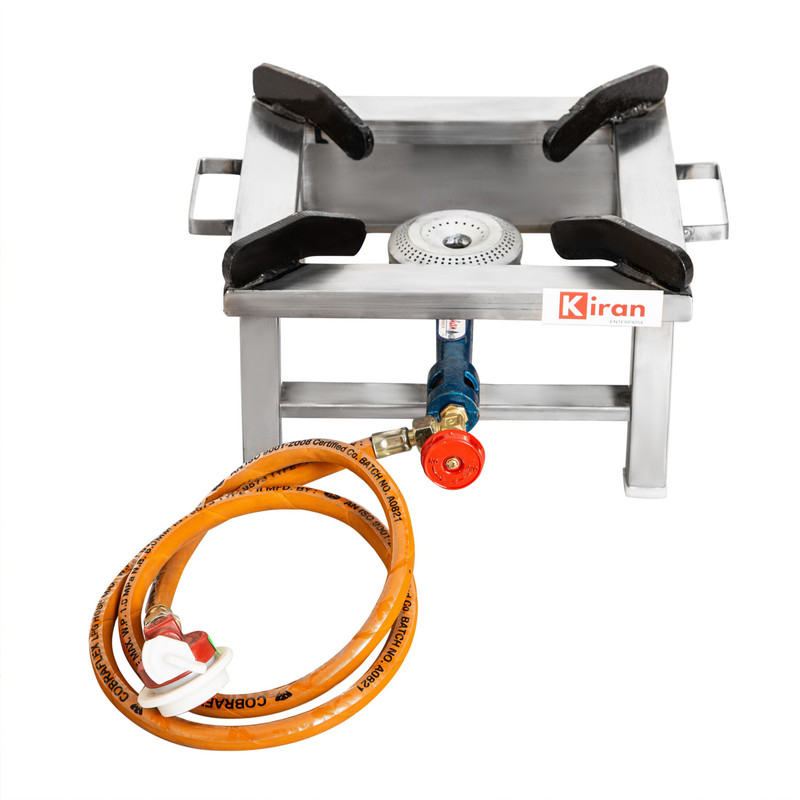
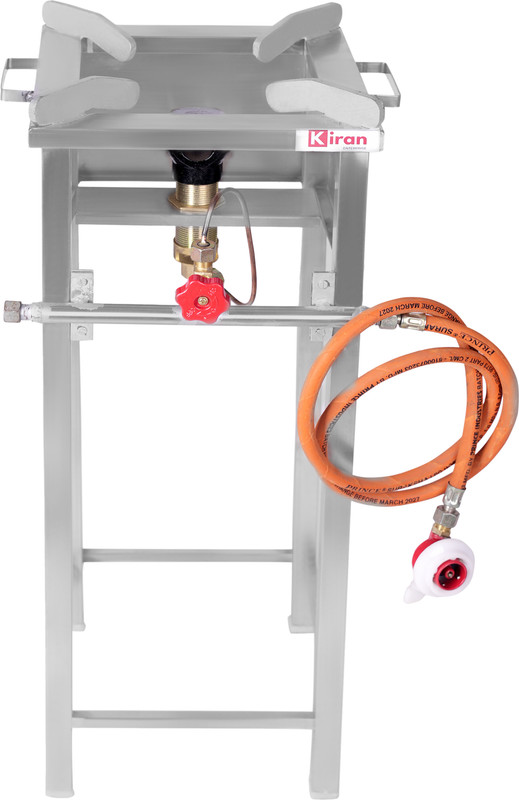
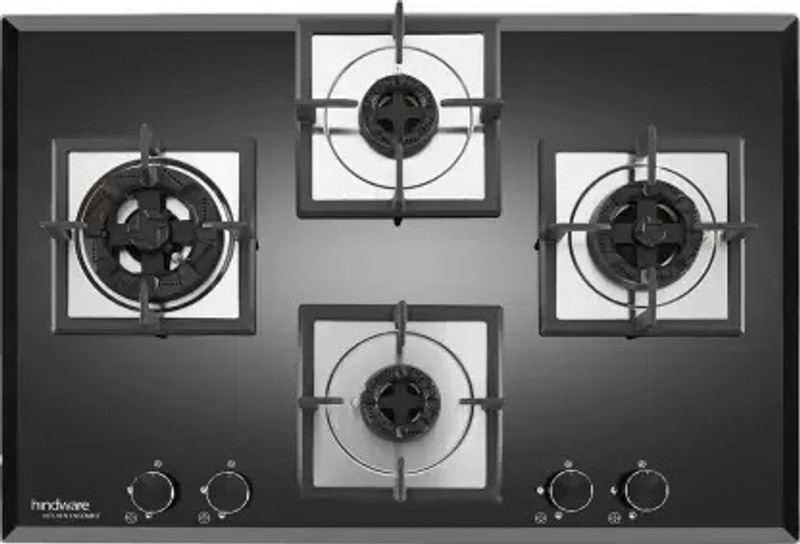
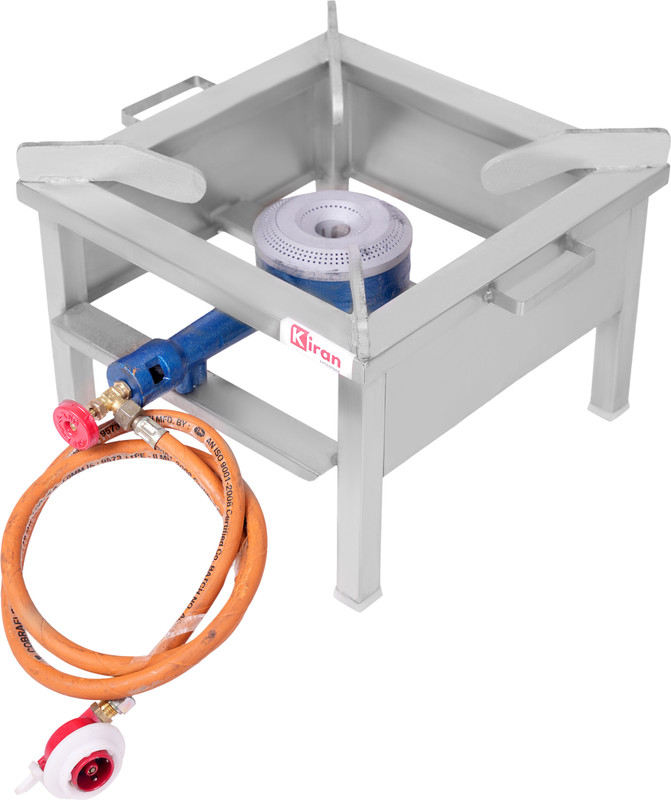
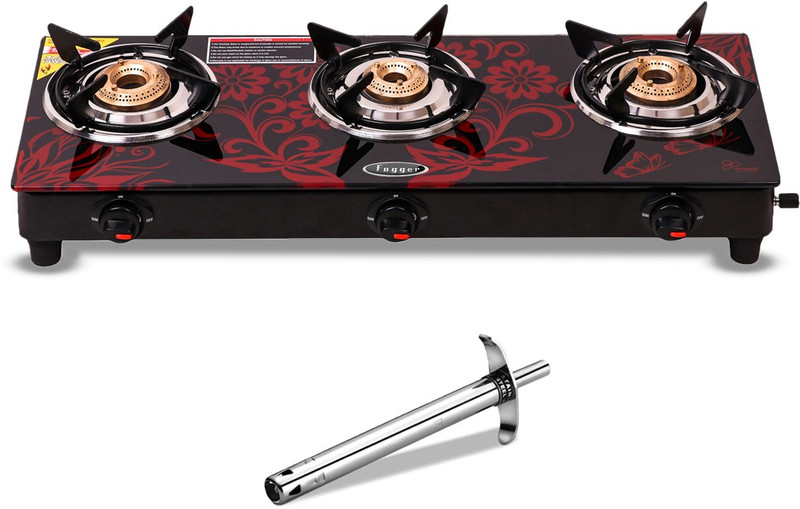
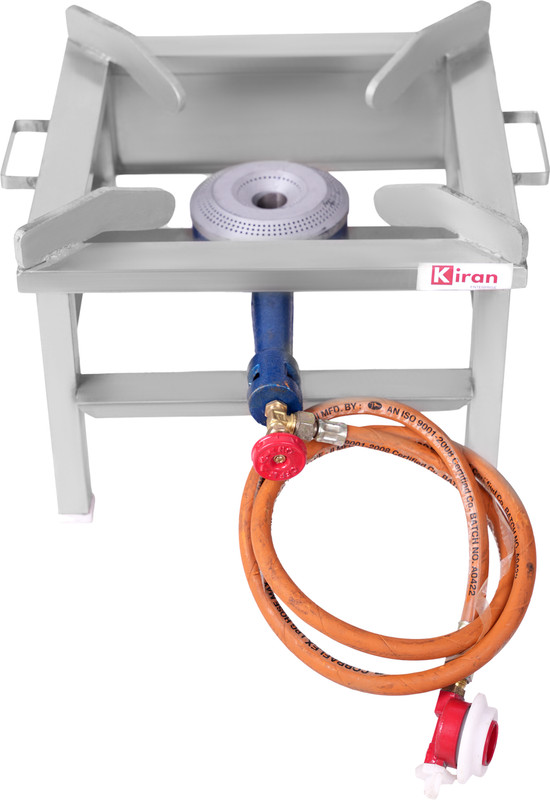


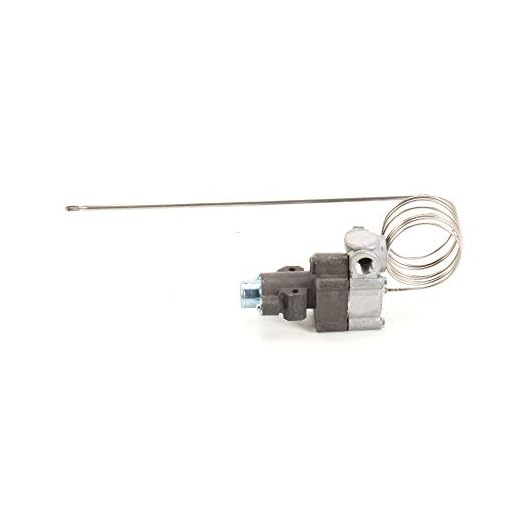



Can you recommend any specific brands or types of cookware that are ideal for gas ovens?
Is it safe to use glass bakeware in a gas oven?
I found this article very informative. I never knew there were specific cookware or accessories for gas ovens.
Do gas ovens require different types of baking pans compared to electric ovens?
I’ve heard that cast iron pans work really well with gas ovens. Is that true?
Are there any safety precautions to keep in mind when using a gas oven?
What about the temperature settings? Are they different for gas ovens?
Great article! Now I feel more confident about using my gas oven. Thank you!
Are there any accessories that can help distribute heat more evenly in a gas oven?